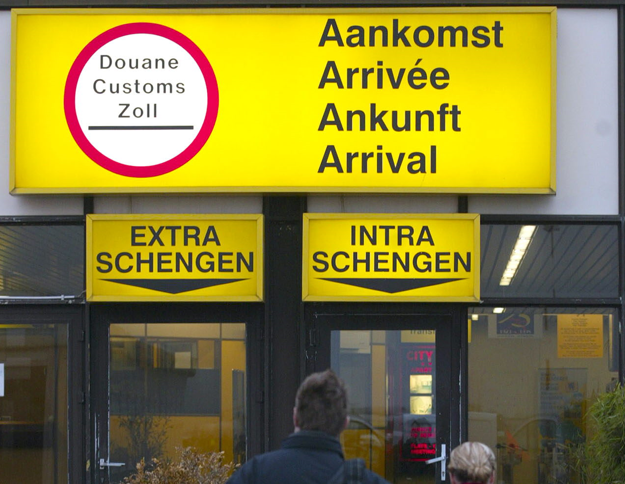Austria and the Netherlands are poised to veto Bulgaria's and Romania's Schengen application bids, citing concerns over the rule of law and corruption.
Austria is opposed to the admission of both countries into the passport-free zone, while the Netherlands resists Bulgaria's accession.
The opposition comes in spite of the fact that both the European Commission and the European Parliament have openly supported Bulgaria's and Romania's bids to join the world's largest free movement zone.
"Bulgaria has not given up on Schengen. We have three more days," Bulgarian caretaker Prime Minister Galab Donev said on Monday.
The EU Justice and Home Affairs Council is scheduled to vote on both application bids on 8 December. A single vote will be taken on whether to jointly admit Bulgaria and Romania. Meanwhile, the resolution regarding Croatia's accession bid (expected to be approved) will be taken separately. Both votes require the unanimous support of all EU Member States in order to pass.
Related News
- UK citizens in Brussels asked to take part in survey on post-Brexit impact
- Behind the Scenes: Bored of borders
In October, the Dutch Parliament approved a resolution calling on its government "not to take any irreversible steps" concerning Bulgaria and Romania's Schengen bids until "further investigations [are conducted] into border surveillance and the reduction of corruption and organised crime in both countries." Last Friday, Dutch Prime Minister Mark Rutte caused outrage across Bulgaria after he suggested that one could pass through Bulgarian passport control by paying a €50 bribe.
Bulgaria has suggested that, should its Schengen application be rejected, it may retaliate by blocking Dutchman Hans Leijtens' bid to become the head of Frontex, the EU's Border Agency.
The Schengen area comprises 22 EU countries, as well as four associated non-EU countries (Norway, Iceland, Switzerland and Liechtenstein). 420 million citizens live within the zone.

